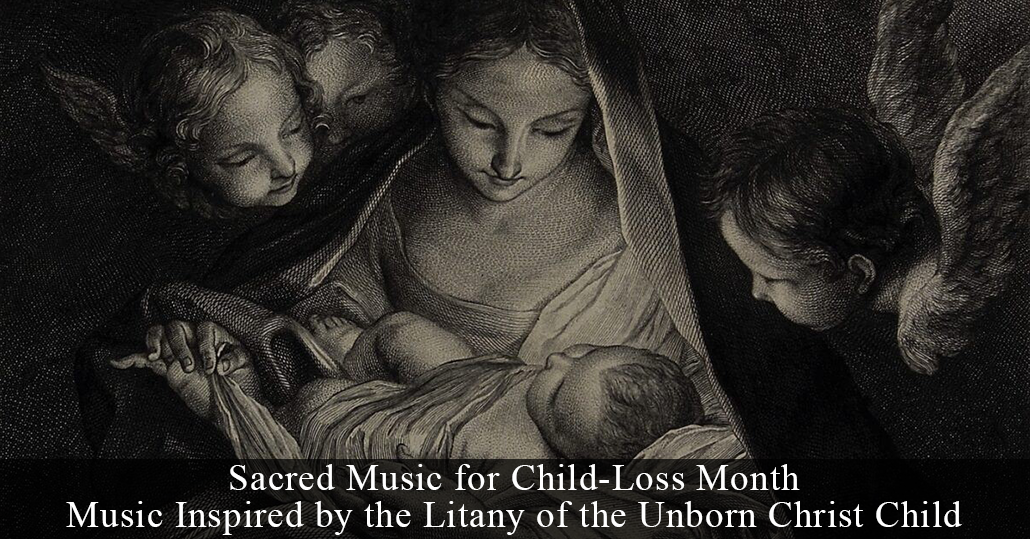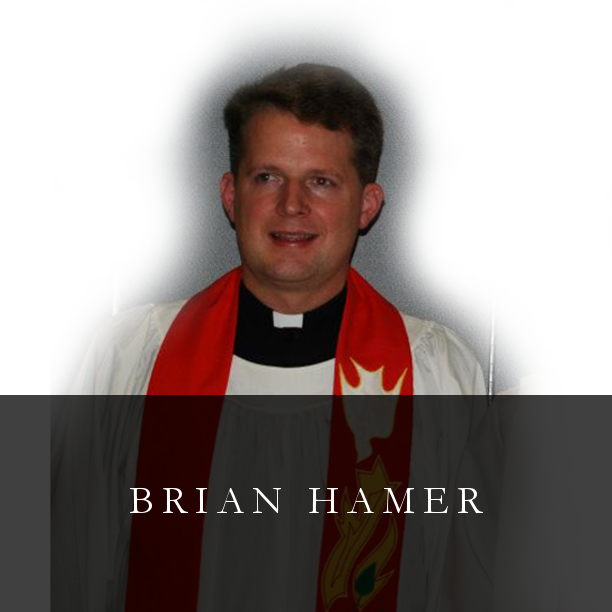1 Timothy 2:15
| Jesus, conceived in love by God’s Spirit and the Virgin Mary, Jesus, beloved son of a humble carpenter, Jesus, source of immeasurable joy for Mary and Joseph, Jesus, the aging Elizabeth rejoiced in Your presence, Jesus, You filled the unborn Baptist with gladness. . . . [Thank you for the gift of life.] |
| Lord, thank You for first coming among us as the Unborn Christ Child. Today, untold numbers of our tiny sisters and brothers have been abandoned by the world’s leaders, by the traditional defenders of justice, by the healing professions and even by their own parents. But You are their Savior–You have not forgotten them. Savior, rescue and protect these little ones from the neglect and violence of an uncaring world. |
In the spring of 1996, several primary children were slaughtered at Dunblane in Stirling, Scotland. The shooter killed sixteen students and one teacher and injured fifteen others before killing himself. James MacMillan (b. 1959), one of England’s most prominent choral composers, wrote the following work in their memory, using words that he remembered from childhood. Is it possible that the text was a prayer for the Rite of Confirmation? It speaks of the oneness of the body of Christ (the church) with her Head (Christ), and therefore is fitting for Baptism, for sacramental participation, and as a prayer for eschatological hope in the midst of death. His music is a simple yet immensely moving tribute, first performed in Westminster Abbey in July 1996, just a few months after the shooting. The work is scored for two treble soloists and a cappella choir. The soaring sopranos, also fitting for children’s voices, seem to depict the souls of the righteous ascending to heaven, turning even aimless violence into a “glad Communion and sacred day.”
| Welcome Jesu, Deep in my soul forever stay, Joy and love my heart are filling On this glad Communion and sacred day. |
| Merciful Lord, Your tiny infant heart, which was later emptied on the cross, offers the world its only hope. Forgive us our sins against the unborn, against their parents and against all Your children. Lord, have mercy on us. Christ, have mercy on us. Lord, have mercy on us. |
Maurice Duruflé (1902–1986) was a French composer, organist, and teacher. His vocal output is a case of quality over quantity, with but a handful of choral works to his credit: one Requiem, four motets, one Mass, and one setting of the Lord’s Prayer. And yet, every single note is important, pregnant with musical merit and compositional genius. His setting of the Kyrie from Requiem, Opus 9, is based on a plainchant, heard here in augmented or long form in the brass section. The choir sings the melody, which is adapted from the plainchant. In my estimation, his use of the plainchant is liberating, rather than restricting, producing one of the most lyrical and captivating settings of the Kyrie in the history of sacred music.
| Kyrie eleison; Lord, have mercy; Christe eleison; Christ, have mercy; Kyrie eleison. Lord, have mercy. |
| Prince of Peace, through Your healing Spirit, help us to lovingly accept every conceived child created in Your image and likeness, as a messenger of peace and good will towards all people. |
The themes of peace and goodwill are evident in musical settings of Simeon’s canticle, which is sung as the Canticle at Vespers and Evening Prayer, after the Lord’s Supper, and of course within the Rite of Christian Burial. How important for grieving parents and communities to join Simeon to depart (i.e., to die) in peace, knowing that the deceased and the grieving have beheld salvation in the Christ child, and now rest in Him. Paul Smith’s setting--dissonant, ethereal, and sublime--captures the quiet confidence that the dying Christian has been granted in Christ alone.
| Nunc dimittis servum tuum, Domine, secundum verbum tuum in pace: Quia viderunt oculi mei salutare tuum Quod parasti ante faciem omnium populorum: Lumen ad revelationem gentium, et gloriam plebis tuae Israel. Gloria Patri, et Filio, et Spiritui Sancto: Sicut erat in principio, et nunc, et semper, et in sæcula sæculorum. Amen. Lord, now lettest thou thy servant depart in peace: according to thy word. For mine eyes have seen thy salvation, Which thou hast prepared: before the face of all people; To be a light to lighten the Gentiles: and to be the glory of thy people Israel. Glory be to the Father, and to the Son: and to the Holy Ghost; As it was in the beginning, is now, and ever shall be: world without end. Amen. -- St. Luke 2:29-23 |
| ... and Adam was not deceived, but the woman was deceived and became a transgressor. Yet she will be saved through childbearing—if they continue in faith and love and holiness, with self-control. |



 RSS Feed
RSS Feed
